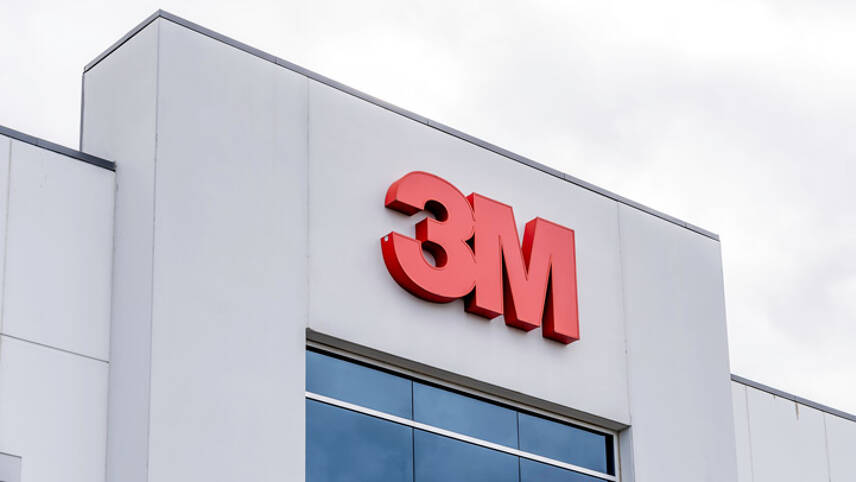Register for free and continue reading
Join our growing army of changemakers and get unlimited access to our premium content

The State of California is currently suing 3M, plus 17 other firms, for damages relating to PFAS contamination in the environment
The business announced on Tuesday (20 December) that it has set the commitment to exit all PFAS manufacturing by the end of 2025 after a “thorough evaluation of the evolving external landscape, including… regulatory trends focused on reducing or eliminating the presence of PFAS in the environment”. It claims it has already been reducing its PFAS use over the past three years.
PFAS are known as forever chemicals because they do not break down quickly. This makes them attractive to manufacturers seeking to make durable products, including materials and coatings that are water-resistant, adhesive, and/or stain-resistant. Concern has been growing in recent years about the impact of these chemicals when they contaminate drinking water, soils and food chains.
The world’s first law setting out a ban on producing and selling any PFAS, or products containing these chemicals, was introduced in Maine, US, last year. It will be phased in through to 2030. Subsequently, an Act setting out a forthcoming ban on food containers containing PFAs across the entire US was introduced to the Senate in late 2021.
The EU has also been undertaking a series of steps to remove certain kinds of PFAS from certain products, with debates on removing them from fire extinguishing foams ongoing this year. Some EU member states, including Germany, Sweden, Denmark, Norway and the Netherlands, have signalled an intent to go further and faster and to advocate for an outright ban across the bloc.
3M has noted that, as well as changes to legislation and regulation, it has considered the environmental impacts of stakeholders including investors. Within the last few weeks, Aviva Investors and Storebrand Asset Management convened industry peers collectively managing $8trn to call on chemical businesses to disclose their PFAS volumes and set out plans for a phase-out.
3M’s commitment will impact products that generate approximately $1.3bn in value annually for the company, which produces goods including paints and coatings, paper, adhesives and laminates, dental products, beverage filtration solutions. 3M has stated that it will facilitate existing contractual obligations as the phase-out continues, and provide customers with updated product use advice as part of an “orderly transition”.
“While PFAS can be safely made and used, we also see an opportunity to lead in a rapidly evolving external regulatory and business landscape to make the greatest impact for those we serve,” said 3M’s chair and chief executive Mike Roman.
A statement from the business added that all products are, in their current form, “safe for their intended uses”.
Nonetheless, the impacts of 3M’s operations and supply chain on the environment, including PFAS Impacts, have been the subject of several major legal challenges over the years. Most recently, the state of California sued 3M and 17 other companies over PFAS contamination, seeking damages plus funds for environmental monitoring and chemical disposal infrastructure. Bloomberg Intelligence estimates that long-term legal liabilities relating to PFAS could exceed $30m.


Please login or Register to leave a comment.